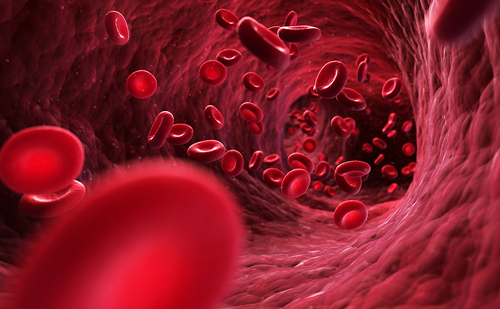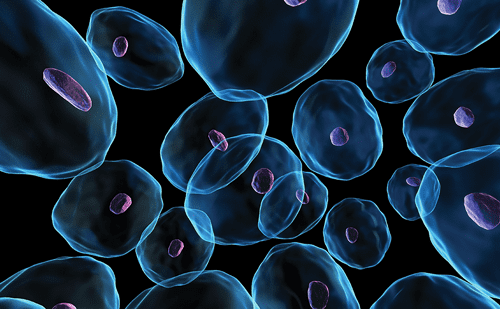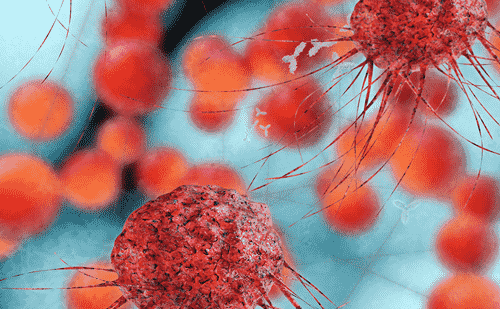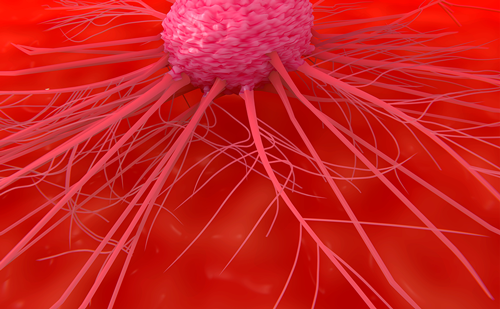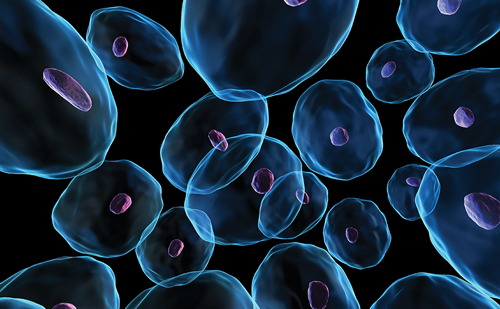I n 1941, Huggins and Hodges reported the results of their research into castration and diethylstilbestrol (DES), which established that prostate cancer is an androgen-driven/dependent disease. Androgen receptor (AR) is highly expressed on prostate cancer cells and directly stimulates its growth and survival. The vast majority of patients with prostate cancer, including those with metastatic disease, will respond to androgen deprivation therapy (ADT). It is not surprising, therefore, that the research over the past 7 decades has focused on strategies to optimize and maximize the effect of ADT. It is also therefore logical that ADT has and is being evaluated in the context of patients with locally advanced/high-risk prostate cancer undergoing local therapy. While the results indicate better local control in the context of radiation therapy, the longer duration of ADT has resulted in survival improvements in patients with high-risk/locally advanced prostate cancer undergoing radiation. Survival improvement is also noted with long-term ADT in patients with node positive patients post radical prostatectomy. The totality of the data thus far supports the impact of adjuvant ADT on subclinical systemic disease. Until there are mature data from trials utilizing more contemporary radiation techniques, the systemic effect of ADT should not be underestimated. Interestingly, to date, peripheral AR blockade has NOT eclipsed gonadal suppression in the context of hormone sensitive disease, therefore, the focus should be on how to best maximize the anticancer effect of systemic therapy to further increase the chance of cure and impact survival, while minimizing the duration of therapy to reduce the side effects and costs.
Over the past decade, we have witnessed tremendous progress particularly in the treatment options for patients with metastatic castrationresistant prostate cancer (mCRPC). This progress is clearly a function of investments in research at the preclinical and clinical levels. There are several lessons to be learned from the experience thus far: 1. ADT is still the ‘backbone’ of therapy in this disease but the magnitude of the clinical benefit is different based on the disease setting; 2. Prolonging survival and cure are possible in high-risk disease with multimodality strategies; 3. Significant impact on survival in metastatic hormone sensitive disease is possible as reflected by the docetaxel + ADT data supporting the value of a multi-targeted cytotoxic treatment strategy; 4. AR signalling continues to matter even in mCRPC, but the magnitude of effect on survival is modest and incremental in end-stage disease therefore moving the new AR targeted agent to earlier setting is likely to have a better ‘return on investment’; 5. Prostate cancer is a ‘smart’ cancer and the number of negative phase III trials, despite promising biological, preclinical, and early clinical results highlights the importance of better defining and understanding the totality of disease biology and thorough validation of candidate targets/pathways/biomarkers of response and resistance to better optimize and individualize care for patients.
This edition of Oncology & Hematology Review features two articles on prostate cancer. First, Vankayala and Vaishampayan review therapies for locally advanced and recurrent nonmetastatic prostate cancer, with a discussion of interventions that prevent or delay metastases. In the second, McGuire et al. discuss recent developments in ADT for locally advanced prostate cancer.
Oncology & Hematology Review would like to thank all expert authors who contributed toward this edition. A special thanks goes to our Editorial Board for their continuing support and guidance. The wide variety of topics covered should provide something of interest for every reader and we hope you find this edition useful and thought-provoking.





